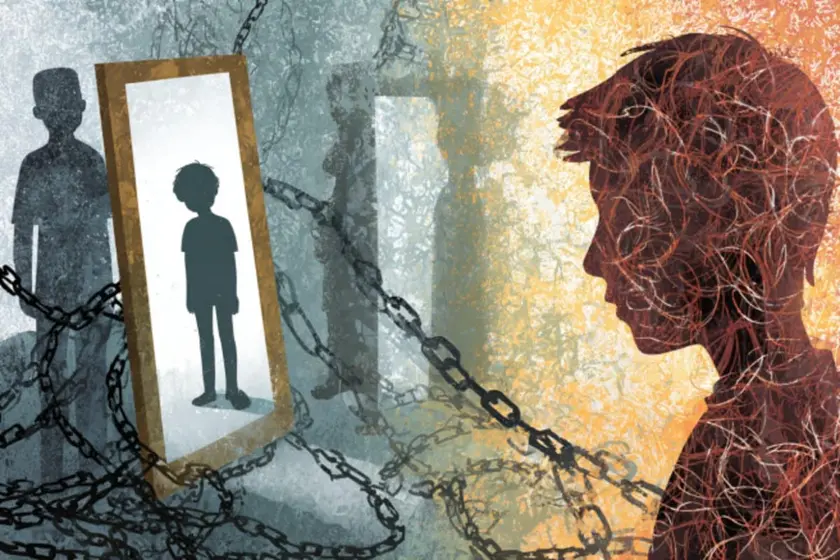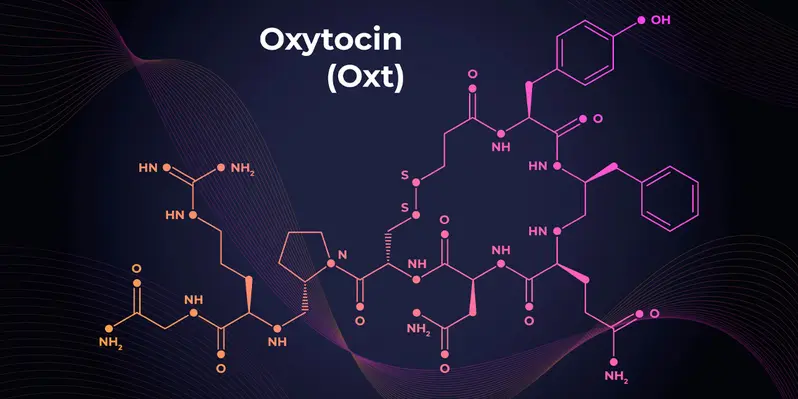T4K3.news
Childhood trauma linked to sexual narcissism and hypersexual behavior
A new Israeli study finds links between childhood trauma, sexual narcissism, and hypersexual behavior, with sexual narcissism acting as a mediator.

An Israeli study links childhood trauma to higher sexual narcissism and hypersexual behavior, with sexual narcissism acting as a mediator.
Childhood trauma tied to sexual narcissism and hypersexual behavior
An Israeli study links childhood trauma with higher levels of sexual narcissism and hypersexual behavior among people seeking help for compulsive sexual behavior. The researchers found that sexual narcissism may help explain why early maltreatment relates to stronger sexual urges and behavior. The study involved 118 participants from Israel, split evenly between those who met criteria for compulsive sexual behavior and those who did not. Participants completed self report measures for hypersexual behavior, sexual narcissism, and childhood trauma, and the work is published in Archives of Sexual Behavior.
Researchers caution that all results rely on self reports and retrospective memories of childhood events, which can bias findings. They also note gender differences in hypersexual behavior, with men scoring higher, while sexual narcissism and trauma scores did not differ much by sex. Religious participants with CSB showed higher sexual narcissism and hypersexual behavior than non-religious participants. The results suggest a possible pathway from trauma to behavior through sexual self-perception, but the small, clinic-based sample limits how far we can generalize.
Key Takeaways
"In summary, this study indicates that sexual narcissism mediated the relationships between childhood trauma and hypersexual behavior."
authors' conclusion
"These findings explain the role of sexual narcissism and childhood maltreatment and abuse in hypersexual behavior."
authors' conclusion
"Self reports and retrospective memory invite bias."
methodology note
"It may have clinical implications for the treatment of CSB disorder."
clinical implications
The study hints at a pattern: trauma shapes self-view in sexual life, which in turn drives risky sexual behavior. If sexual narcissism acts as a bridge, treatment could address both trauma and ego-related sexual concerns. Yet the findings demand caution. Self-report data and retrospective trauma recall raise questions about accuracy, and the sample is limited to a clinical group in Israel. More diverse samples and longitudinal work are needed to see if the link holds across cultures and over time.
Highlights
- In summary this study indicates that sexual narcissism mediated the relationships between childhood trauma and hypersexual behavior.
- These findings explain the role of sexual narcissism and childhood maltreatment and abuse in hypersexual behavior.
- Self reports and retrospective memory invite bias.
- It may have clinical implications for the treatment of CSB disorder.
Sensitive topic risk in trauma and sexual behavior study
This piece discusses childhood trauma and sexual behavior, which could trigger stigma or misinterpretation. Notes bias from self-report and memory recall.
What comes next is careful testing in broader groups.
Enjoyed this? Let your friends know!
Related News

Trauma drives hypersexual behavior study

Dexter software highlights link between childhood trauma and health risks

Study reveals severe impacts of childhood verbal abuse

Paul Gallagher Charged With Multiple Sexual Offenses

Jessyca Mullenberg tells her story of survival

Smartphone Use Before Age 13 Linked to Mental Health Issues

Alan Davies returns to standup with revealing performance

New study shows couples' oxytocin levels align after sex
